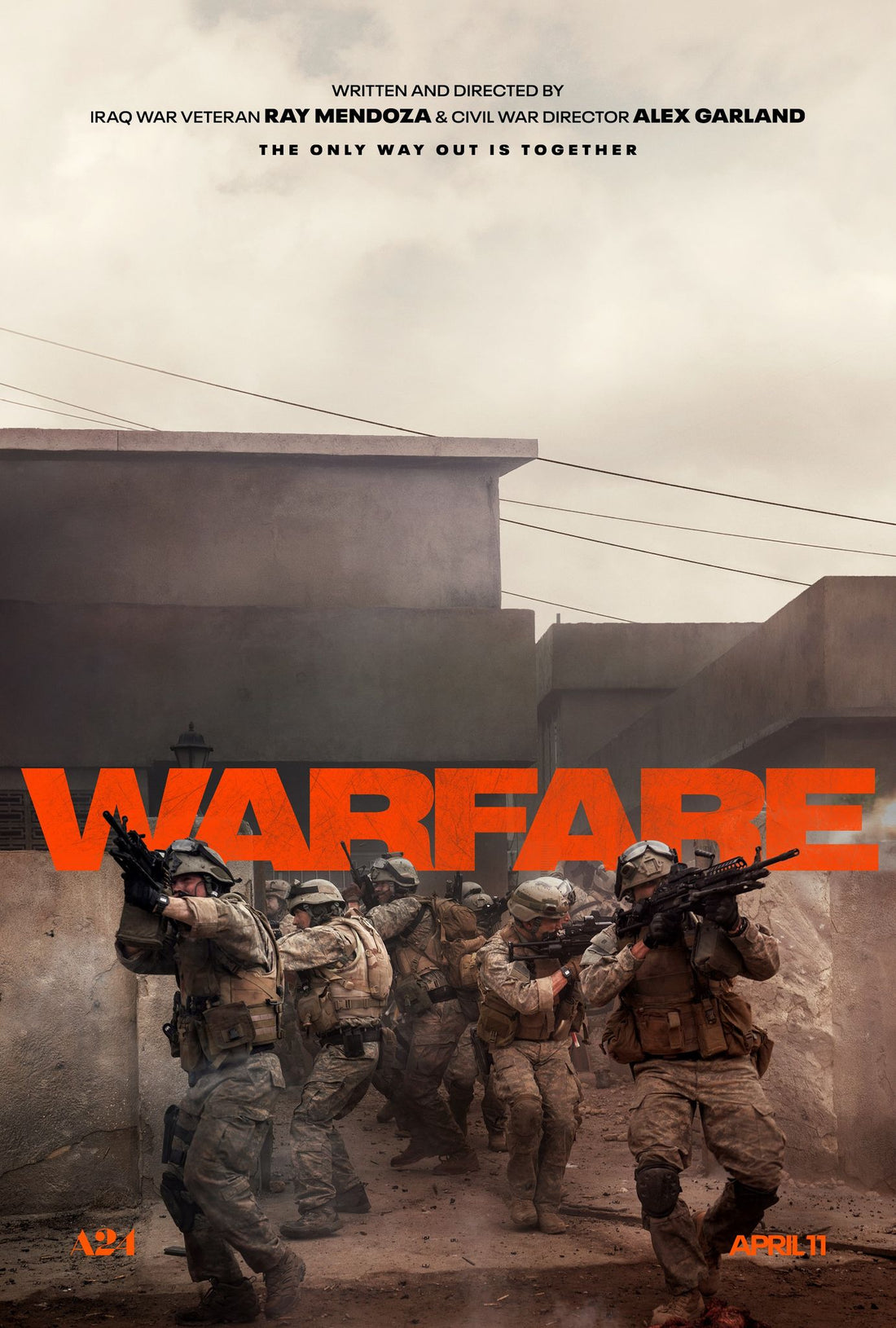
Reflections on the film "Warfare"
Share
Reflections on the film "Warfare" (Spoiler Alert)
Recently, I believe many gaming enthusiasts have been discussing the "Warfare" movie just been released. Tonight, I finally had the opportunity to watch it in IMAX! The gunfire and explosion scenes must be experienced firsthand; especially in an IMAX setting, the impact is truly astonishing. I gasped when the first explosion occurred, and the womannext to me even jumped up from her seat in fright, which left quite an impression!
After watching the movie, I found myself reflecting on several thoughts that I wanted to share. The film primarily revolves around the encounters of two teams: one team is under siege while the other rushes to their rescue. Initially, the captain of the besieged team performed admirably; however, when the first troop carrier was struck by an IED, chaos erupted. The captain ultimately failed to demonstrate effective leadership, leaving team members to rely on their training for self-rescue. In contrast, when the rescue team arrived, their captain exhibited a calm command presence, successfully reorganizing the team and preparing for further actions. This highlighted the critical importance of strong leadership.
Even though the captain of the besieged team ultimately could not make decisive decisions, he demonstrated a wisechoice: recognizing his inability to effectively lead, he took the initiative to delegate authority to others. This aspect prompted me to reflect deeply on the significance of the "command" role.
As someone who has participated in war games, I have observed that team members often operate relatively independently, showcasing their individual skills while lacking coordination with one another. This realization has underscored the necessity of teamwork; only through effective leadership can individual strengths coalesce into a more formidable force, resulting in greater outcomes.
Some players may prefer to go solo, relishing the thrill of hitting targets individually. However, I believe that combining tactics and leadership can make the game significantly more engaging. The commander is not just a strategist; they should also support other team members at crucial moments. Even if this means sacrificing shooting opportunities, it ultimately ensures that the team's tactical operations run more smoothly.
I've come to understand that many teams lack a designated command role because no one wants to shoulder that pressure. However, I believe this role doesn’t have to be permanent; it can be rotated among players in each game. Command is not solely the leader's responsibility; it serves as an experience and learning opportunity for every team member.
When facing the challenges of leading a large group, dividing the team into smaller units can facilitate communication. In addition, comprehensive tactical knowledge can be readily obtained through online resources and books. With consistent practice and ongoing learning, one can gradually master the skills necessary for effective command.
I hope to apply the command principles I learned not only in war games but also in my daily work, achieving results with less effort.
The above statement reflects my personal views and does not represent the position of any group.
